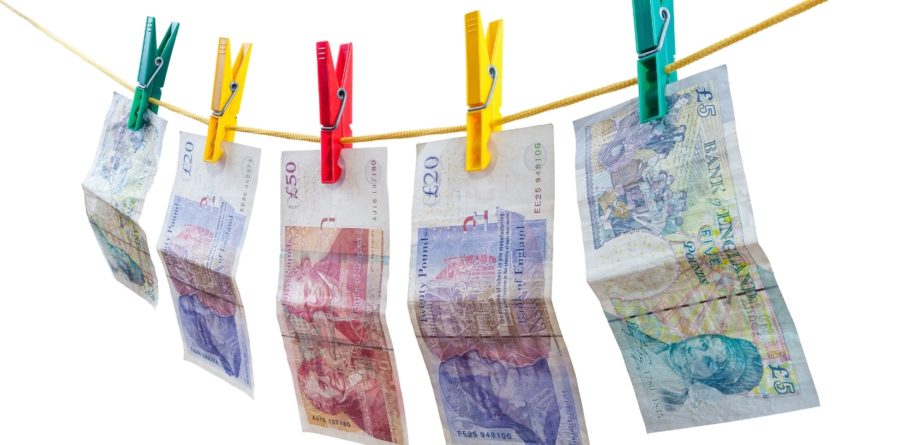How to spot money laundering and protect your business
13/08/2018 - MJB Avanti

Some services such as Accountants lend themselves to be more able to identify suspicious money laundering activities, but actually it could affect many businesses. Here are 5 things we look out for at The Avanti Group, that you should keep an eye out for too!
1 Evasiveness or reluctance to provide information
Are there reasons not to take on trust information provided by a client or to query their behaviour, such as a reluctance to provide detailed information about the business?
Secrecy and evasiveness are a major red flag when taking on a client. This could include reluctance to disclose who the client is, who the beneficial owner is, or to provide any information, data or documents usually required to enable the transaction’s execution.
2 Incomplete or inconsistent information
Lookout for documents that cannot be verified, multiple tax IDs, and clients who try to shield the identity of beneficial business partners or owners, as well as a reluctance to provide business information.
3 Unusual money transfers or transactions
Money changing hands in unusual ways should raise the concerns of accountants working with a client. Be aware of funds transferred to or from “locations of concern” as a possible red flag. “Keep an eye on the HM Treasury list for high-risk jurisdictions.
Identifying transfers of money or assets where there is no apparent business relationship between the parties to the transfer, or loan transactions between entities that do not match normal commercial arrangements, should also be seen as reasons to investigate further. Unusually high turnover/cost of sales numbers for cash-based businesses that are out of line with other similar-sized enterprises in the same sector may also require further explanation.
4 Complex group structures without obvious explanation
Criminal schemes are often very sophisticated, with “complicated structures designed to disguise the true source and ownership of money and other assets even from expert eyes”. As a result, if the group structure is set up in an odd way, and there is no proper explanation for this, it should warrant further investigation. The use of complex financial instruments by a business with no obvious reason to do so can be a sign of the layering and integration stages of money laundering.
5 Negative information available about the client or company
A simple internet search may reveal information about a client or company that could point to unusual business activity. While adverse media reports in themselves are not evidence that the client is laundering money, any curiosity piqued during due diligence should be pursued.
By accepting a client, an accountancy firm provides a level legitimacy to that client by virtue of its own reputation. Accordingly, carrying out appropriate due diligence, following up red flags until resolved or reporting to the NCA where they cannot be resolved will protect both the reputation of the firm and also the UK economy.
If you know of a local business that needs help with understanding their responsibilities around money laundering reporting please ask them to contact The Avanti Group.
All articles on this news site are submitted by registered contributors of SuffolkWire. Find out how to subscribe and submit your stories here »



